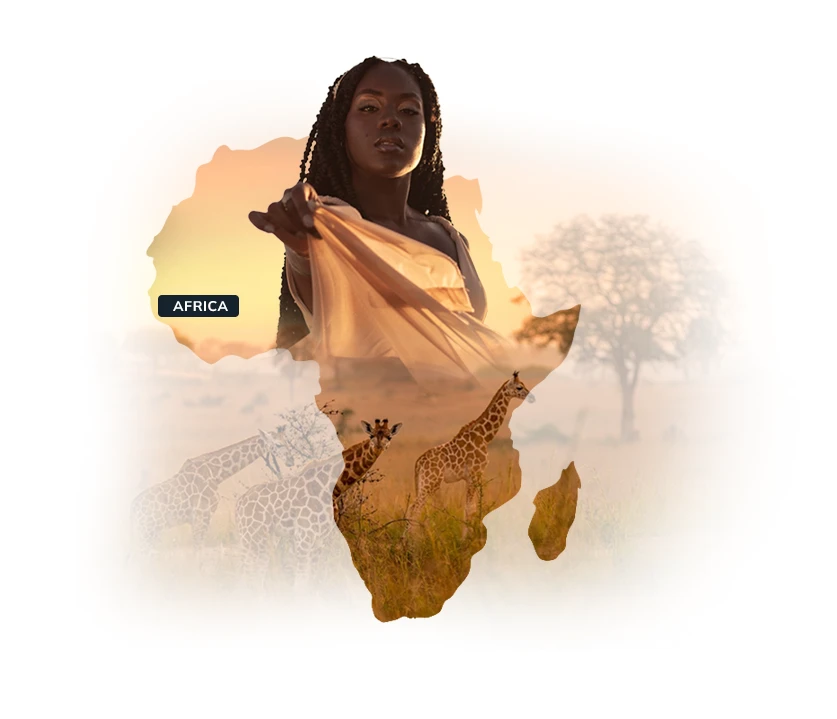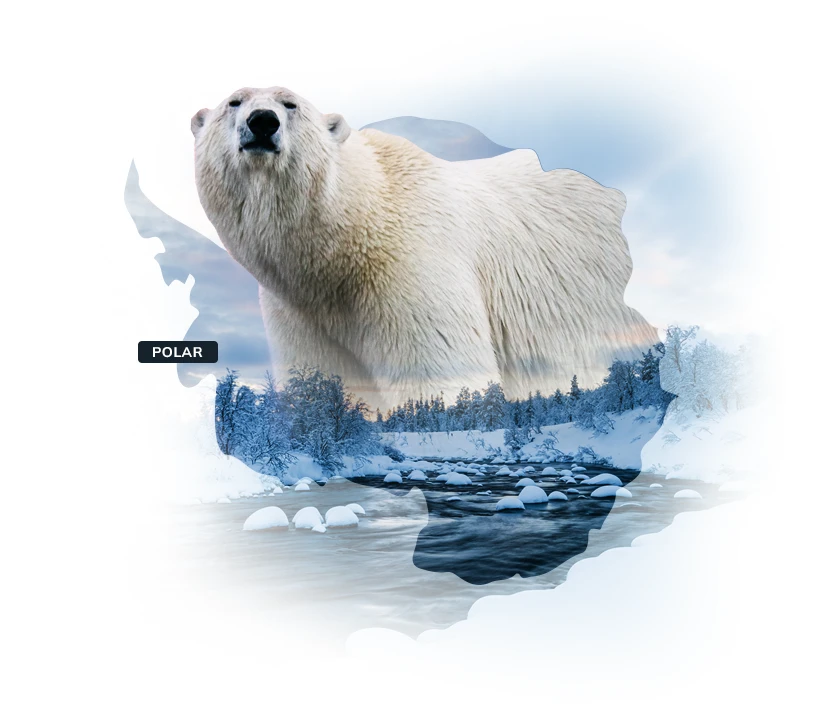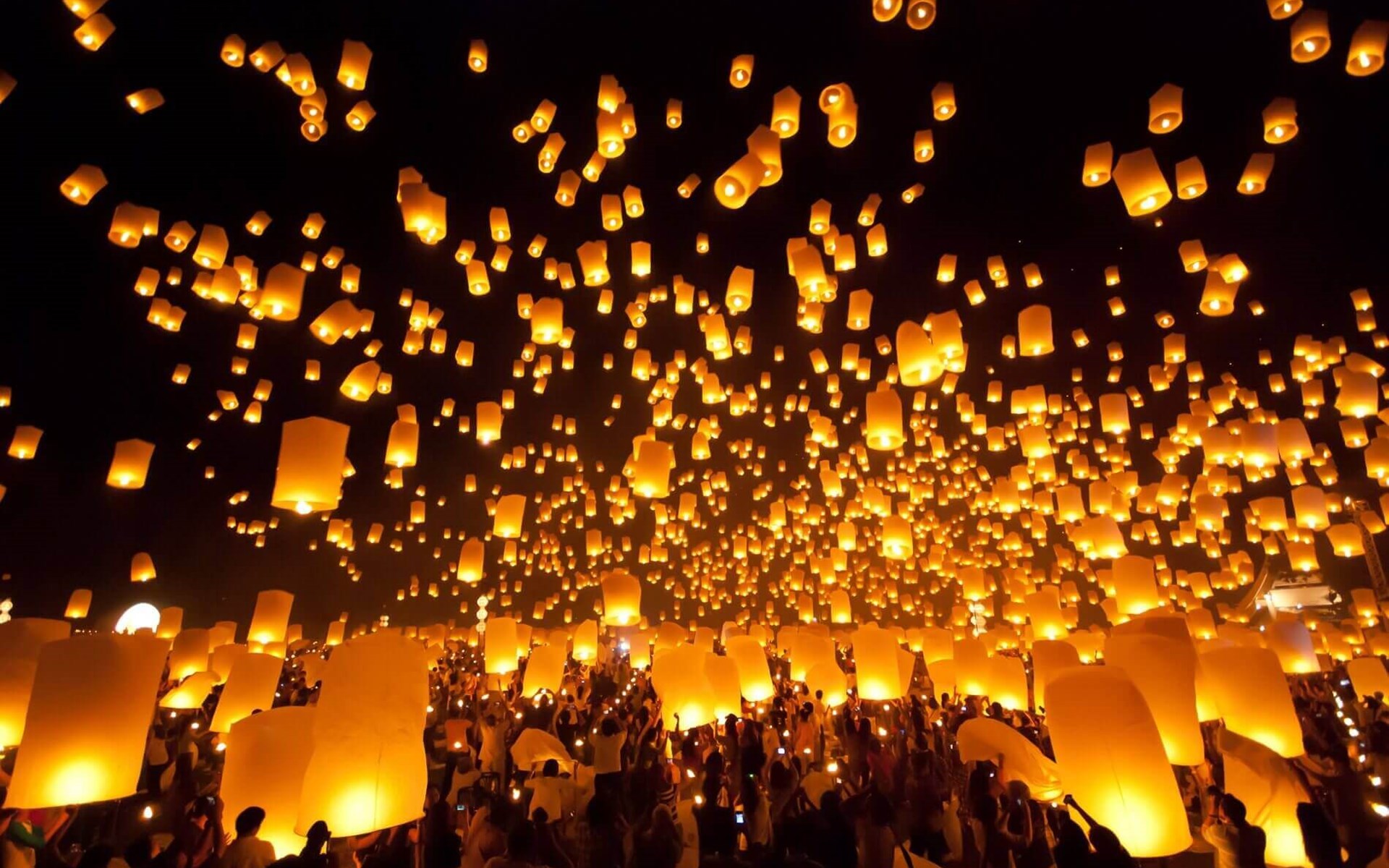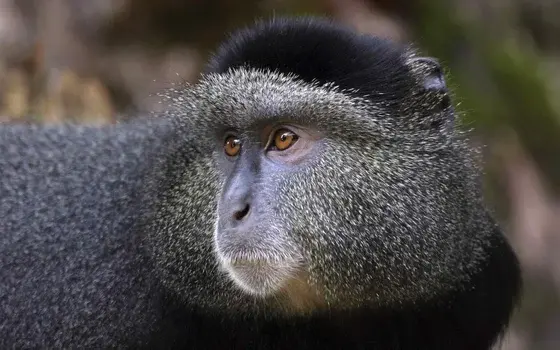We encourage our clients to travel in a responsible and respectful manner. Here’s our guide to responsible travel in Thailand
Thai People, Culture, Customs & Religion
Please remember that Thailand is a conservative country with Buddhist and Muslim values, therefore you should ensure that you dress modestly and respectfully.
Beachwear is fine on the islands and beach resorts, however you should ensure that you cover up if you’re leaving the beach areas. Women should cover their legs and shoulders, especially if visiting remote villages or religious sites.
Wayfairer Top Tip:
Buy a local sarong, which can be used to cover shoulders, as well as used as a towel, blanket or scarf at other times.
Be mindful of Thailand’s culture, customs and religion, and always respect the local etiquette. You should remove your shoes when entering private homes, Buddhist monasteries or any living space. Feet are considered the lowest and dirtiest part of the body therefore you shouldn’t stretch your legs in public or point your feet or show the soles of your feet as this is considered extremely offensive. Conversely the head is regarded as the most sacred part of the body and it is impolite to touch a Thai persons head. Never touch Buddhist monks or their clothes and never hand objects directly to them. If you’re giving something to a monk, the object should be placed on a nearby table or passed to a layman who will then hand it to him. All images of Buddha are considered sacred and you should be mindful of this if you’re looking at or touching a Buddha image. If you’re sitting on the floor in a building that has a Buddha image, make sure that you don’t point your feet in the direction of the image – instead you should sit in a kneeling position with your legs pointed away from the image.
During your time in Thailand you should try to interact and engage with the Thai people as this will offer a much more meaningful and enriching travel experience. If you’re on a Wayfairer tailor-made holiday you will have a local guide and we encourage you to make an effort to get to know them and ask questions about their cultures and customs.
Be respectful when taking pictures, especially of monks, older people and children. It is polite to ask for permission first and if they indicate that they do not want you to, please respect this. DO NOT offer money or push the issue. We suggest that you try to engage with the locals rather than just taking photos of them and showing them the image on your camera afterwards is a nice gesture. Please bear in mind that monks, farmers, children etc. are real people and not just photogenic ‘images’ to be ‘snapped’. You should also ensure that you do not take photos or disturb monks whilst they’re praying as this is considered extremely disrespectful. In remote communities, the local people consider filming to be very intrusive so please avoid recording if you’re visiting rural villages.
As a general rule we would advise against giving gifts, money or sweets to children or even buying anything from them. Sweets may seem like an ideal gift for children, but access to dentists is extremely limited to rural dwellers and the last thing you want to give them is tooth decay! You might think it helps to give children gifts, money or sweets, but unfortunately it encourages begging. It is much better to just play or interact with the kids and support a local or international NGO or community project.
A homestay with a hill tribe family in a remote village in the mountains of northern Thailand offers a unique and authentic travel experience. The people in this region are known for their warmth and hospitality and you’ll be treated like a member of their extended family - a totally different experience than staying at a hotel. If this is something that you’re interested in please speak to a Wayfairer Fair Travel Consultant about incorporating a homestay into your tailor-made itinerary. We can arrange for you to visit the northern hill region around Chiang Dao and trek through Palong, Karen, Lisu and Akha villages, meeting local people and getting an insight into their unique way of life.
Travel with a Thai phrasebook and make an effort to learn some key words and phrases. The ability to speak some basic Thai such as ‘Sawasdee Krab’ which is ‘hello’ for males and ‘Sawasdee Ka’ which is ‘hello’ for females, and ‘Khob khun kra’ which is ‘thank you’ for males and ‘Khob khun ka’ which is ‘thank you’ for females, will undoubtedly win you many smiles from the friendly locals who you come into contact with during your time in Thailand.
Shopping & Food
Support the local economy by buying authentic handmade products such as silk, cotton fabrics, wood carvings, pottery and silver jewellery at markets, villages and small-scale souvenir shops rather than hotel tourist shops or on organised shopping trips.
When you buy products at markets, villages and small-scale souvenir shops you are helping to support a fragile economy and supporting local artisans helps keep traditional crafts alive. When ‘bartering’ over the price please bear in mind that the seller might accept a price below its cost price because they need cash to feed their family, so don’t push too much just to save yourself a few pounds. Stay calm, be reasonable and keep a smile on your face. It's meant to be fun!
Never purchase items from endangered species such as sea turtle shells and eggs, along with wild animal skins and ivory. As well as threatening the species, this is also illegal and you could end up with hefty fines or worse.
Wayfairer Top Tip:
Don’t miss Chiang Mai’s vibrant and colourful night market, where local hill tribe women sell beautiful blankets, silk scarves, embroidered bags, handmade silver jewellery and inexpensive vegetarian snacks. Bangkok's Chatuchak Weekend Market is also a great experience - but make sure that you avoid the animal stalls which sell exotic species such as iguanas, alligators and monkeys. Kittens and puppies are also for sale and they are kept in small, hot cages without food and water.
Be adventurous and eat in local restaurants, cafés and street stalls. Not only does this help to support the local economy, but it will also give you a more authentic holiday experience than eating in hotel restaurants every evening.
Try Thai specialities such as Khao Gang (curry rice), Gang Kiew Waa Gai (green chicken curry), Gang Som Goong (sour curry with shrimp), Tom Yum Talay (spicy lemongrass soup with seafood), Khao Soy (curried egg noodles) and Kanom Pang Sankaya (steamed bread with coconut custard dipping sauce).
Wayfairer Top Tip:
Street food is a quintessential part of the Bangkok experience and we encourage you to try the food stalls in Chinatown, Bang Rak, Silom Road and Bangkok’s Old Town, also known as Banglamphu.
Wildlife & Conservation in Thailand
If you do decide to take part in elephant tourism activities, please ensure that you choose a reputable and ethical rescue centre or sanctuary which has responsible practices in place and offers the opportunity to see ex-working elephants up close without exploiting them.
We strongly advise against visiting the ‘zoo’ formerly known as the ‘Tiger Temple’ (Wat Pa Luang Ta Bua) in Kanchanaburi. The controversial ‘Tiger Temple’ was shut down in 2016, however reports have emerged that it is due to re-open with a new name.
The Tiger Temple was once a very popular tourist attraction offering visitors the opportunity to touch tigers and have their photos taken with them, however it was shut down due to concerns over animal welfare (the tigers were chained up for hours at a time and they were kept in unsuitable conditions) and illegal wildlife trafficking.
When the authorities raided the Tiger Temple in 2016 to investigate allegations of illegal wildlife trafficking, they made a heinous discovery: a freezer packed with the lifeless carcasses of more than 40 tiger cubs.
Now, a new tiger zoo, dubbed ‘Golden Temple’, is preparing to open next to the now-defunct Tiger Temple, raising concern amongst animal welfare charities.
Please boycott the new facility. In fact if you see any animal parks offering the chance to cuddle a tiger cub we would urge you to avoid them.
If you'd like to plan a holiday to Thailand, call our Luxury Travel Specialists for a chat about your dream trip or fill out our no-obligation enquiry form.














